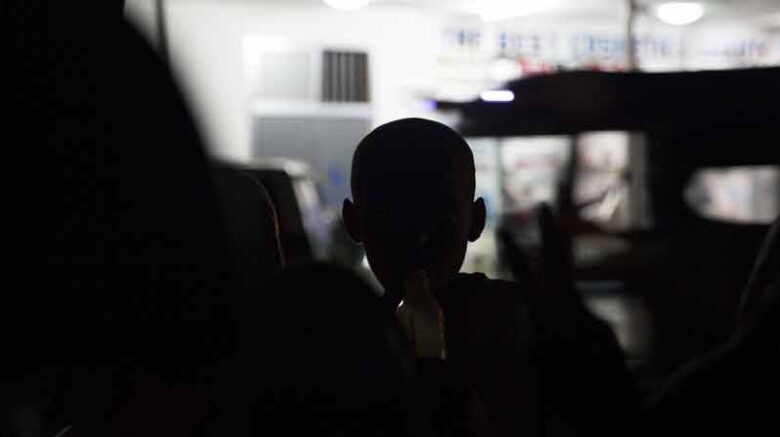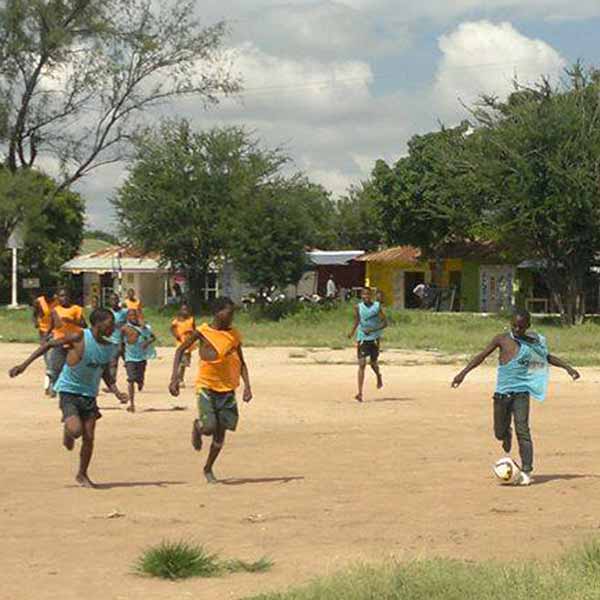If Dodoma, until a few years ago, seemed “exempt” from this phenomenon, with the development of the city and its promotion to the capital, it has made it a popular destination for many street children. Wrongly from what is often thought, street children (or adolescents) are not orphans, or at least they are not of both parents, but given the poverty, the impossibility, or the failure to recognize the importance of families to give an education to their children, physical, sexual, psychological violence suffered within the walls of the home, and many other factors, children are forced to look for another way to satisfy their basic needs and this often find it beyond out of the family, on the street.
Most of the times, the new child runs away with another who already lives on the street, but who does not permanently cut off relations with the family, returns home for a short greeting and to bring help (even economic), but then leaves again and he returns to live on the street, doing small jobs to survive, to have at least one meal a day and to collect something that, as mentioned above, he will bring to his family. In this way, a vicious circle is created, because the child feels responsible for the family trend, and believes that without him, the adults of the family cannot do it. The consequences of living on the street are dramatic for children. In that environment they start sniffing glue, committing petty thefts, are sexually abused, they become victims of beatings by the police, and people who see in these children only disinherited useless in society, not understanding that the street children have not chosen the life they are living and they are certainly not happy to live it.
Kisedet started working with them in 2008 and what it does is try to get them off the street and reinsert them in their families or in its shelters. In this way, the children, after having detoxified from the glue, have the opportunity to resume their studies. Kisedet also carries out awareness activities through the artistic group “Shukurani Arts Group” and by participating in radio programs in which is explained some behaviors to adopt or abandon with these children. An example above all is the fact that people often give money to street children thinking they are doing a good deed, but with that money children do not buy food but glue or other drugs.
“One child, one teacher, one book, one pen can change the world.”
― Malala Yousafzai




